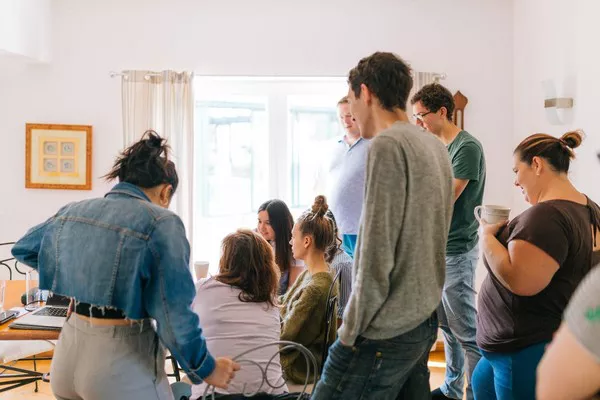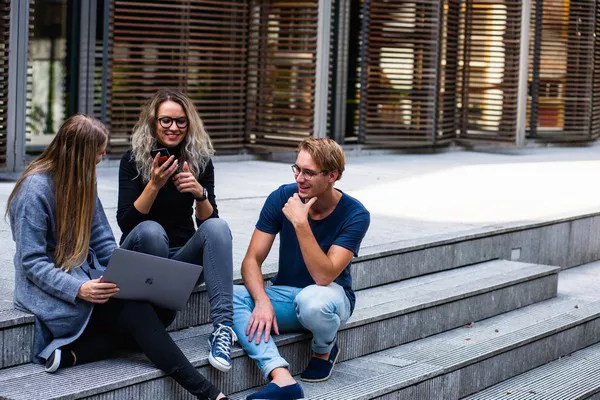Social phobia, also known as social anxiety disorder, is a mental health condition that can significantly impact an individual’s daily life. It is characterized by a persistent fear of social situations, where the person fears being negatively judged or evaluated by others. This fear can be so intense that it interferes with their ability to engage in social activities, affecting their work, school, and personal relationships.
If you suspect that you or someone you know is suffering from social phobia, it is essential to understand the symptoms and signs of the condition to seek appropriate help. Here are some ways to identify and stop social phobia:
What is Social Phobia?
Social phobia is a type of anxiety disorder that involves an intense fear of social situations. People with social phobia may experience symptoms such as:
- Intense fear or anxiety in social situations, including meeting new people, public speaking, or being observed while doing a task.
- Fear of being judged or evaluated by others.
- Avoiding social situations or enduring them with significant distress.
- Physical symptoms such as sweating, blushing, rapid heartbeat, trembling, or nausea.
How to Judge if You Have Social Phobia?
If you suspect that you may have social phobia, there are several ways to determine if your anxiety is causing significant distress and interfering with your daily life. Some common signs of social phobia include:
- Avoiding social situations, such as parties, meetings, or public speaking events.
- Feeling nervous or anxious in social situations, leading to physical symptoms like sweating, shaking, or blushing.
- Fear of being the center of attention, feeling self-conscious or judged by others.
- Difficulty making eye contact or speaking to others.
- Worrying about social situations for days or weeks before the event.
- Finding it challenging to maintain friendships or intimate relationships.
How to Stop Social Phobia?
The good news is that social phobia is treatable with appropriate help and support. Here are some ways to stop social phobia:
- Seek Professional Help
Consult with a mental health professional, such as a therapist or psychiatrist, to get a proper diagnosis and treatment plan. They can help you identify the underlying causes of your social anxiety and provide tools to manage it.
- Practice Relaxation Techniques
Relaxation techniques like deep breathing, meditation, or progressive muscle relaxation can help reduce physical symptoms of anxiety like sweating, trembling, and a rapid heartbeat.
- Challenge Negative Thoughts
Social phobia often involves negative self-talk and automatic negative thoughts. Challenge these thoughts by asking yourself if they are based in reality or if they are exaggerated. Replace negative thoughts with more realistic and positive ones.
- Gradually Expose Yourself to Social Situations
Exposure therapy is a type of therapy that involves gradually exposing yourself to the situations that trigger your social anxiety. Start with small, manageable situations and work your way up to more challenging ones. This can help desensitize you to the fear of social situations over time.
- Join a Support Group
Joining a support group for people with social phobia can be a helpful way to connect with others who are going through similar experiences. It can also provide a safe space to practice social skills and receive encouragement and support.
- Take Care of Yourself
Practicing self-care is essential when managing social phobia. This includes getting enough sleep, eating a healthy diet, and exercising regularly. Taking care of your physical health can help reduce stress and anxiety.
Social phobia is a common mental health condition that can significantly impact an individual’s daily life. If you suspect that you or someone you know is suffering from social phobia, it is essential to seek appropriate help and support. Seek professional help, practice relaxation techniques, challenge negative thoughts, gradually expose yourself to social situations, join a support group,





























